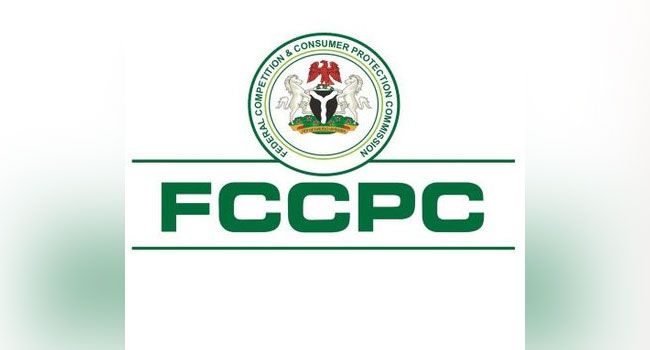
The number of officially registered digital lending companies popularly known as loan apps in Nigeria has surged to 492 as more operators rush to comply with new rules aimed at cleaning up the sector.
This spike follows the introduction of the Digital, Electronic, Online, or Non-Traditional Consumer Lending Regulations, 2025, enforced by the Federal Competition and Consumer Protection Commission (FCCPC) since July 21, 2025.
Under the regulations, all digital lenders must register with the FCCPC within 90 days or face fines up to ₦100 million or 19% of turnover, along with potential disqualification of company directors for up to five years.
Registration Rush Amid Tougher Enforcement
Data from the FCCPC shows that while there were 425 registered digital lenders as of May 2025, an additional 67 companies have registered since then, bringing the total to 492 in October.
Of these, 434 have received full approval, 36 conditional approval, and 22 others are licensed by the Central Bank of Nigeria (CBN). CBN-licensed lenders do not require FCCPC registration but remain monitored by the Commission.
Despite the surge in compliance, 103 loan apps remain on the FCCPC’s watchlist for regulatory action due to breaches or non-compliance.
Why the New Regulations Matter
FCCPC’s Executive Vice Chairman, Tunji Bello, explained that the new regulations are a response to rising consumer complaints about harassment, data breaches, and unethical practices by unregulated digital lenders.
“For too long, Nigerians have endured harassment, data breaches, and unethical practices by unregulated digital lenders,” Bello said. “These regulations make clear that innovation is welcome, but not at the expense of consumer rights or the rule of law.”
The rules create a legal framework that mandates transparency, responsible lending, fair interest rates, data privacy protections, and ethical debt recovery practices.
Among other restrictions, the regulations ban loan apps from accessing borrowers’ contact lists, photos, and transaction histories without explicit consent.
Industry Support and Challenges Ahead
Gbemi Adelekan, President of the Money Lenders Association (MLA), praised the regulations as a “step in the right direction” and highlighted how they will encourage lenders to rely more on credit bureaus for debt recovery.
He also noted that the growing number of digital lenders partly reflects retired bankers entering the space, drawn by easier licensing compared to other financial services.
Ongoing Enforcement and Consumer Protection
Building on earlier frameworks introduced in 2022, the FCCPC has vowed to intensify enforcement, collaborating with the CBN, Google, and other stakeholders to clamp down on violators. Apps engaging in harassment or defamation risk removal from platforms like the Google Play Store.
The Commission remains committed to ensuring that Nigeria’s digital lending ecosystem operates transparently and responsibly, protecting consumers while encouraging innovation.



